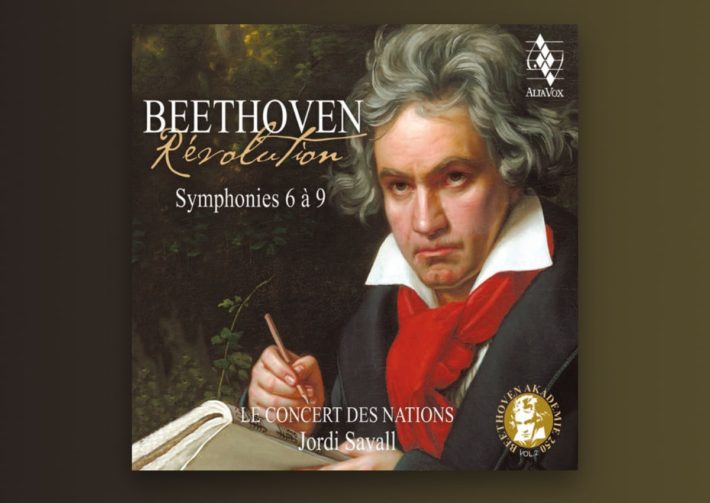This is a little bit out of the scope of the thread, but please allow me sharing my own naive considerations on the nature of "vibrato".
"Vibrato" is time-domain variable fluctuations consists of;
1. time-domain flexible/variable period of cycles
2. time-domain flexible/variable slight frequency fluctuations
3. time-domain flexible/variable slight sound-pressure fluctuations
4. mixture of above three with flexible/variable relative intensities
Is my above naive consideration right?
If so, I assume vibrato in violin is "2. frequency fluctuation" dominant, and vibrato in (modern) oboe is "3. sound-pressure fluctuation" dominant, right?
(And again, if so, I would like to ask Heinz Holliger for his "attitude", "policy", "method" and "technique" of vibrato in his modern oboe performances.)
In vibrato of your "sliding-pipe" wind instruments, you may rather easily and flexibly apply "4. mixture of above three", right?
In vocal music, a singer can also flexibly apply vibrato of "4. mixture of above three", I believe.
Even though I believe many of the authorities in music have already discussed and investigated the above, your frank follow-up or comments, as well as links to the related publications, will be appreciated.

